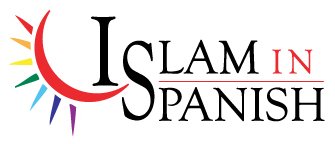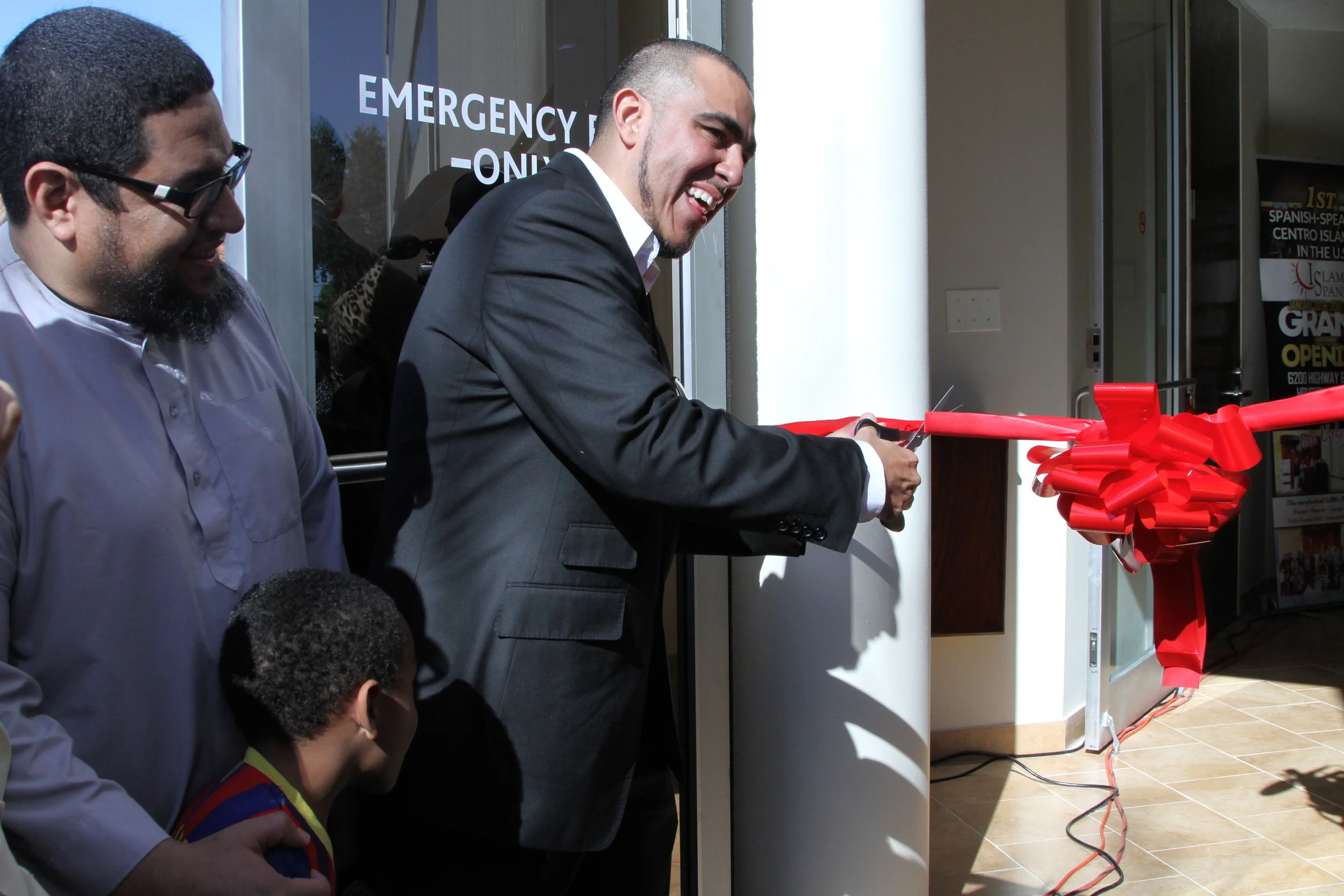Latino Muslims are part of US religious landscape
Inside of Centro Islamico: The new IslamInSpanish Mosque and Headquarters in Houston, TX.
On January 30, Latino Muslim leaders from around the United States gathered in Houston, Texas, for the opening of IslamInSpanish, a spacious, state-of-the-art community centre. As children bounced around in an inflatable castle, hundreds sat under an awning decorated with flags from across Latin America, listening to community elders describe just how historic this occasion was for Latino Muslim history.
"This is a dream come true. Never did I think I would see this happen," said Nahela Morales, the outreach coordinator for the centre, describing how she had moved to different parts of the country looking for a Spanish-speaking Muslim community and had finally settled in Houston.
Rising Islamophobia concerns US Muslims
Speaking in Spanish, English and Arabic, Mujahed (Jaimie) Fletcher, the founder and chief executive of IslamInSpanish, explained how the centre grew out of his own efforts, more than a decade before, to create material on Islam for his Colombian family who wanted to understand the faith that he had embraced as a 22-year old.
Reminiscent of Cordoba
After the cutting of the ribbon, the audience were given a tour of the centre. Upon entering, visitors see the name Centro Islamico emblazoned, against a backdrop of blue, green and orange azulejo tiles.
Red arches reminiscent of the mosque-cathedral of Cordoba adorn the walls of one hall. The centre boasts different sections - a mosque, an "Andalusian" museum, an information showroom, a lounge and a sleek multimedia studio.
Latino converts to Islam have been part of the US religious landscape since the 1930s, since the founding of Nation of Islam, when Puerto Ricans in the northeast began joining Elijah Muhammad's movement.
One of the visitors was Imam Ramon Omar Abduraheem Ocasio, a pioneer of Latino Muslim community, who flew in from New York for the occasion.
"What these activists have put together in Houston is exponentially more impressive than anything Latino Muslims have ever had before. Beyond the stunning physical structure, the most impressive thing is the high calibre of Latino activists that have converged here - educated, resourceful, dedicated."
"Latino converts to Islam have been part of the US religious landscape since the 1930s, since the founding of Nation of Islam, when Puerto Ricans in the northeast began joining Elijah Muhammad's movement."
In fact, the earliest literary reference to Latino Muslims occurs in Puerto Rican poet, Piri Thomas' classic memoir Down These Mean Streets (1967), about growing up in Spanish Harlem in the 1930s and 1940s.

